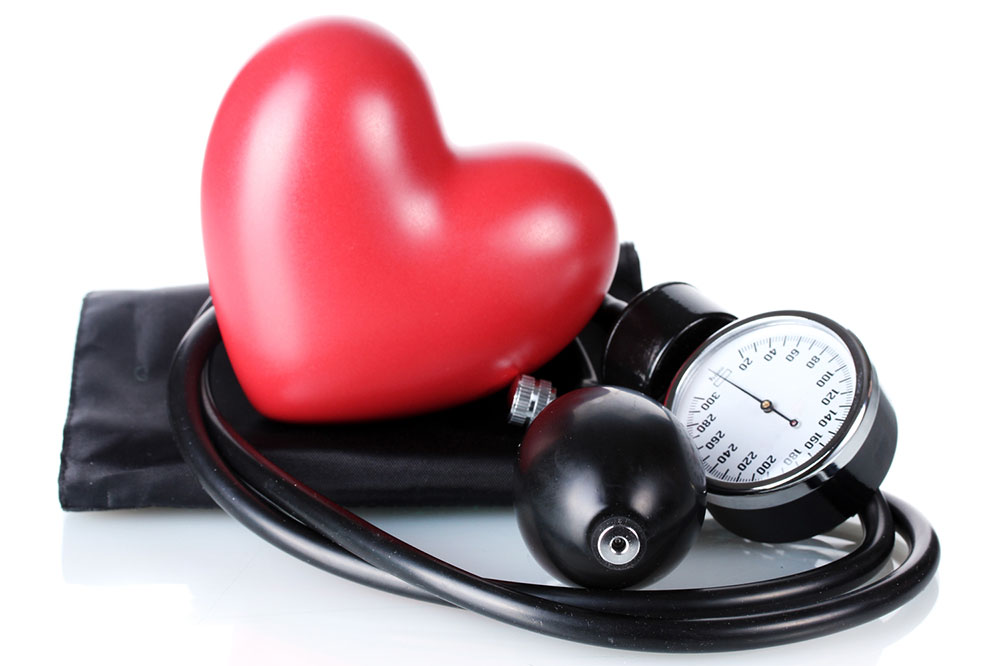The Link Between Blood Pressure and Heart Disease: Key Insights
This article explores the vital connection between hypertension and heart disease, highlighting how high blood pressure can cause arterial damage, heart failure, and heart attacks if unmanaged. It emphasizes the importance of regular check-ups, healthy lifestyle choices, and medical consultation to prevent serious cardiovascular outcomes.

Understanding the Impact of Blood Pressure on Heart Health
Hypertension, commonly known as high blood pressure, often develops silently over years, causing little to no symptoms but gradually damaging vital organs. Without proper management, it significantly raises the likelihood of strokes and heart-related issues, affecting overall well-being. A frequent complication is hypertensive heart disease, which includes various heart conditions resulting from persistent elevated blood pressure.
How Elevated Blood Pressure Impacts Cardiac Function
Continued high blood pressure can cause arterial damage and strain the heart, leading to narrowing of arteries and heart failure. Plaque buildup can cause atherosclerosis, blocking blood flow, while weakened arterial walls may form aneurysms, which risk rupture and severe health consequences.
Effects on the Heart’s Structure and Performance
High blood pressure damages coronary arteries, reducing oxygen supply and increasing the risk of angina, heart attacks, or irregular heartbeats.
Persistent hypertension causes the heart’s left ventricle to enlarge or thicken, heightening the chances of heart failure and cardiac death.
Over time, sustained pressure can weaken the heart muscle, leading to overall heart failure.
Link to Heart Attack Risks
The cumulative impact of high blood pressure can weaken cardiac muscles, increasing the danger of heart attacks. Symptoms include chest pain, dizziness, shortness of breath, and discomfort in the jaw, neck, or back. Early detection and treatment are crucial for preventing severe outcomes.
Preventive Measures
Effective blood pressure control is essential to avoid heart complications. Regular health check-ups—at least yearly for adults over 18—should be complemented by a balanced diet low in salt, regular moderate exercise (around 150 minutes weekly), and stress reduction practices like yoga or meditation. Managing conditions such as high cholesterol and diabetes is equally important. Consulting healthcare providers can help develop tailored strategies to maintain optimal blood pressure and safeguard your heart health.


